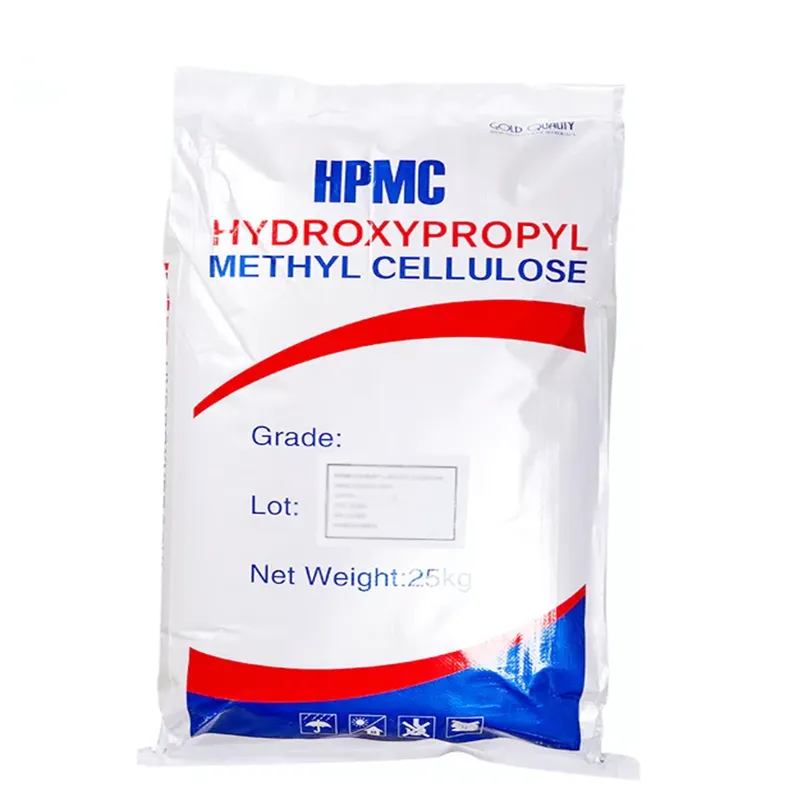
HPMC enteric coating has become a cornerstone in pharmaceutical and food industries, offering p
View More

HPMC enteric coating has become a cornerstone in pharmaceutical and food industries, offering p
View More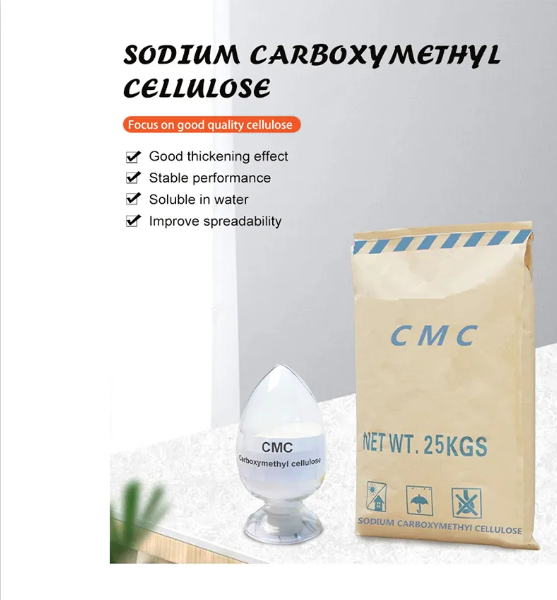
The application of specialized cellulose fiber in nuclear lubricant formulations represent
View More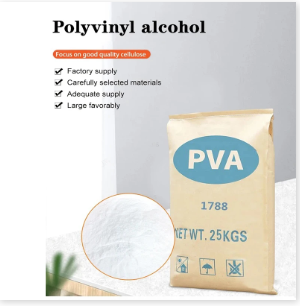
The selection of appropriate polyvinyl alcohol (PVA) materials for nuclear reactor coolant systems r
View More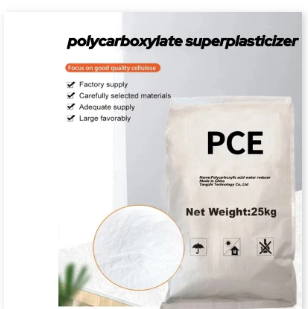
The long-term stability and performance of a PCE water reducing admixture, which functions as a
View More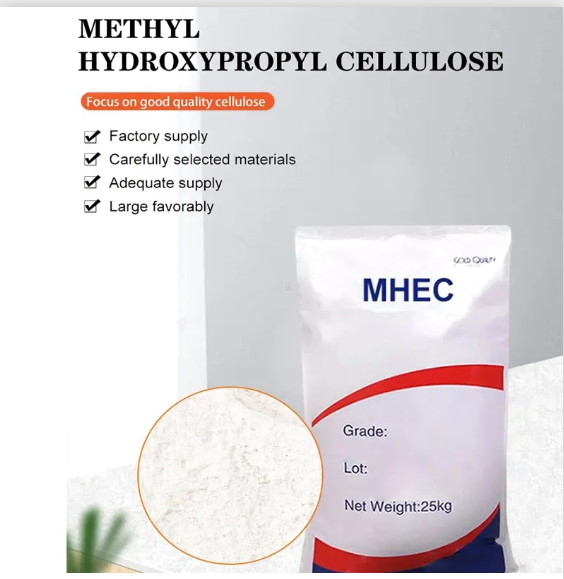
The safe and effective solidification of nuclear chemical waste represents one of the most critical
View More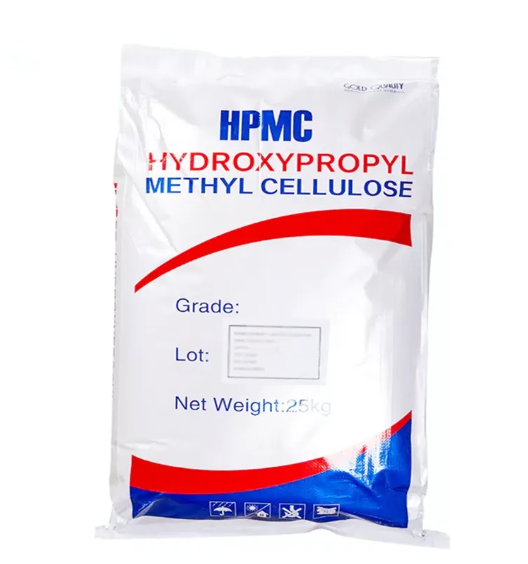
The achievement of targeted gloss levels in industrial coatings requires careful consideration of ce
View More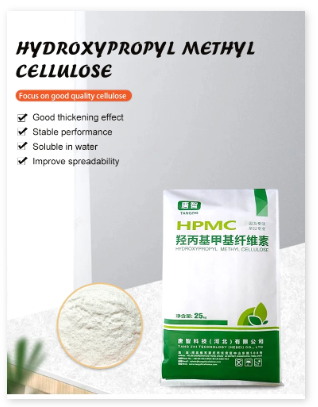
The nuclear industry's demanding requirements for sealing materials have brought specialized ce
View More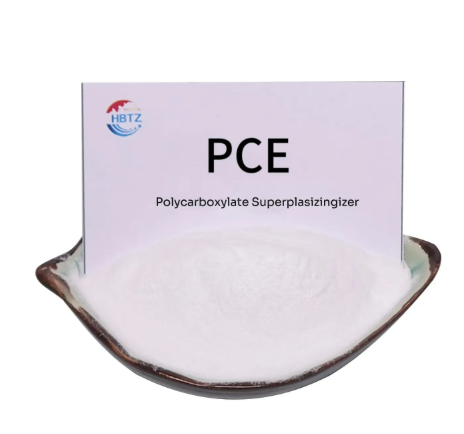
At Hebei Tangzhi Technology Co., Ltd., we recognize that high-speed railway construction relies on c
View More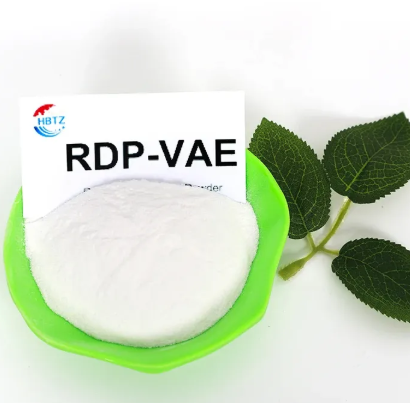
At Hebei Tangzhi Technology Co., Ltd., we recognize that self-leveling compounds are the backbone of
View More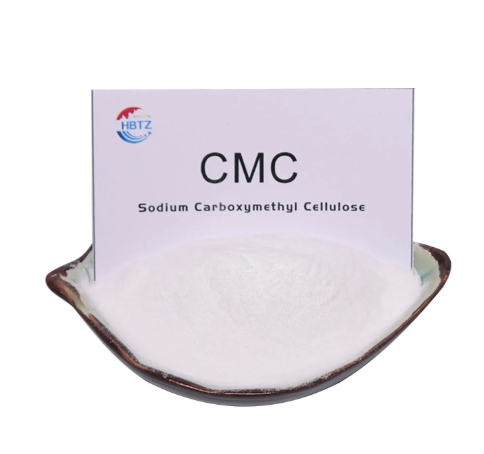
At Hebei Tangzhi Technology Co., Ltd., we recognize that the petroleum industry demands high-perform
View More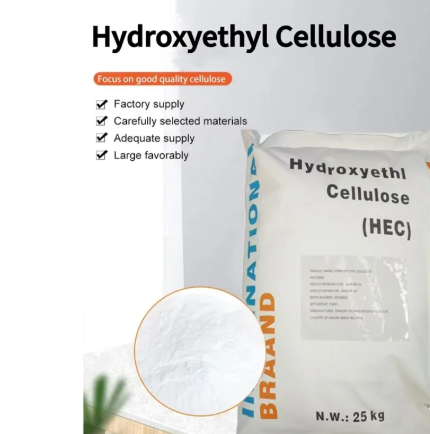
At Hebei Tangzhi Technology Co., Ltd., we understand that purity is a cornerstone of high-performanc
View More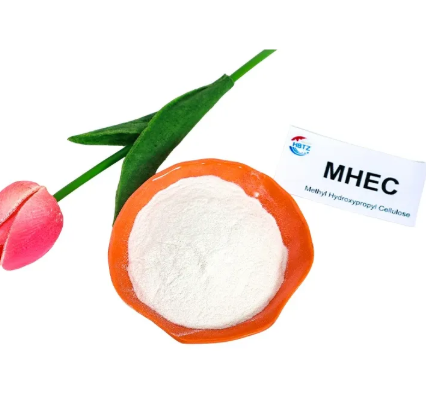
At Hebei Tangzhi Technology Co., Ltd., we recognize that the performance of waterborne coatings hing
View More